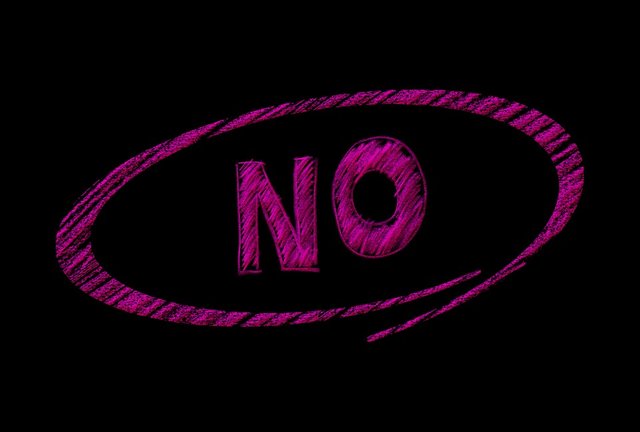How to Say No Without Feeling Guilty: And Say Yes to More Time, and ...
- Know Your Availability
The first case where you should say “No” is when you’re already overcommitted and taking on more responsibility will make things even worse. The typical fear is that we’re going to miss on a good opportunity.
While this is true, think of what you might lose if you take on the challenge and you fail. Even worse, what if you fail not only the new responsibility but also the ones you’ve had before because you’re spread out too thin.
A great concept, in this case, is the opportunity cost. Most newbie investors think only about the gain. If there’s a high chance of success, they make the investment. They don’t consider the cost of the time and resources they’re putting in or the other available opportunities they can do instead.
So if you’re already booked a 100% think of the opportunity cost before saying “Yes” to something new. A good way to do that is to keep an always up to date calendar, to-do list, and budget. That way with one glance you can see if you can fit in the new opportunity without having to compromise something else.

- No Better Alternative
These are the cases where you just don’t have a better choice and all other options seem worse. For example, when your boss says, “You either do this or you’re fired” and you don’t have another source of income.
These are the extreme cases where saying, “Yes” and sucking it up is fine. However, you shouldn’t leave it at that and accept the same thing over and over again. Work on coming up with an alternative solution the next time it happens.
Next time your boss goes into, “My way or the highway” mode, maybe you will have an alternative source of income and you’ll be fine with being fired.
- Fear of the Outcome
This one is an emotional problem. We intellectually know that saying “Yes” in some cases is bad for us, but we just can’t bear the pain of saying “No”.
Those are the cases where you know you’re not going to get anything good out of it. You’re doing it just so you don’t hurt somebody else’s feelings or avoid a conflict.

Why is it so hard to say, “No”?
A big part of the problem is delaying the emotional pain. Even though we know that saying, “Yes” to something we don’t want is bad long term, sometimes we can’t bare the pain so we delay it. We rather suck it up, do something unpleasant to avoid the pain of disappointing someone.
As a result, we get to deal with more pain for doing something unpleasant, but it’s delayed. Since we’re not going to experience it in the moment it doesn’t seem so bad than saying, “No” right now.
None of this is conscious of course, that’s just how our subconscious mind works in the background. It does anything it can to avoid and delay the immediate pain.
So how do we deal with it?

the source from Better Humans
https://betterhumans.coach.me/how-to-say-no-in-difficult-situations-f3f1d533ffeb